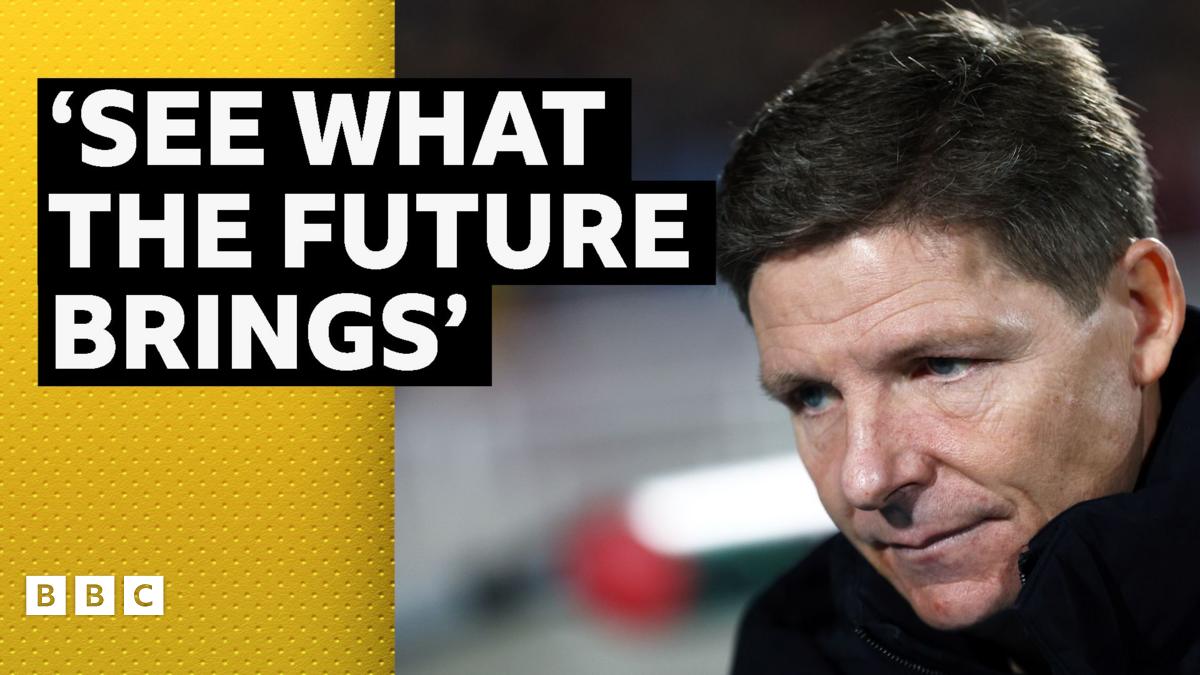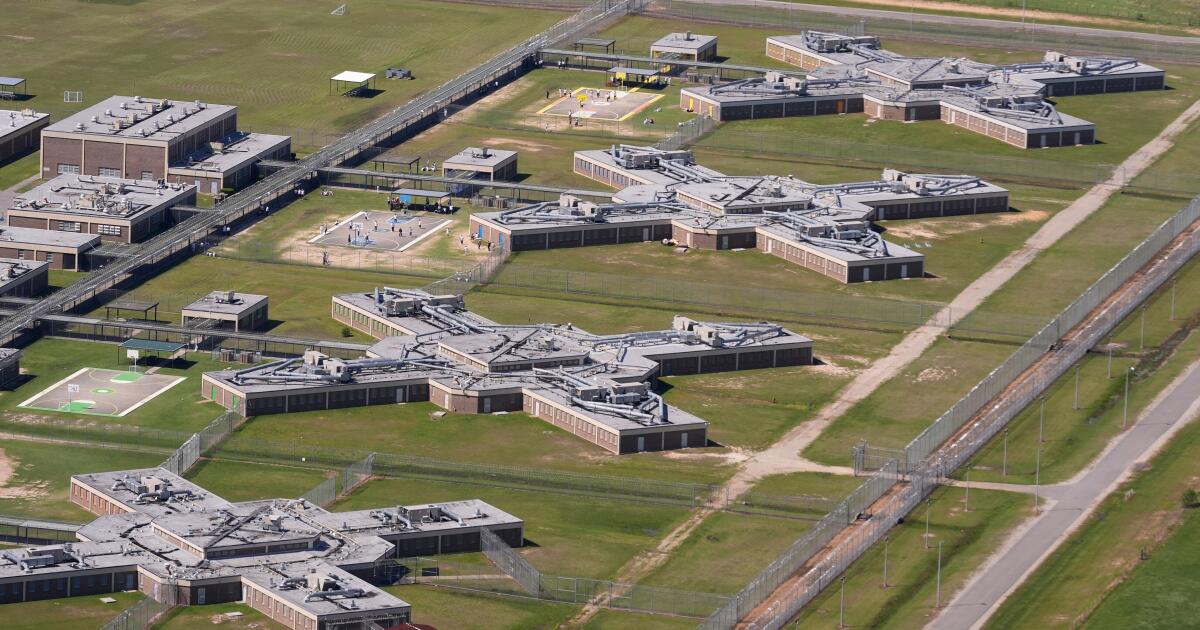WASHINGTON — At Immigration and Customs Enforcement detention facilities across the country, detainees go without medicine for serious health conditions, endure miscarriages while shackled and are dying in record numbers, a group of U.S. senators said.
In a letter sent Friday to Homeland Security Secretary Kristi Noem and ICE senior official Todd Lyons, 22 Democratic lawmakers alleged that a “dramatic” surge in deaths in federal immigration custody is a “clear byproduct” of the Trump administration’s mass deportation agenda and rapid expansion of detention.
“Each death in ICE custody is a tragedy and, based on the evidence available from agency records, 911 calls, and medical experts, many could have been prevented if not for this Administration’s decisions,” the senators wrote. The letter, released Tuesday, was led by Illinois Sen. Dick Durbin and signed by California Sen. Alex Padilla.
At least 32 people died in ICE custody in 2025, they asserted. That’s triple the previous year’s total and more deaths than were recorded during the entire Biden administration. ICE has reported seven deaths so far this year, as well as seven in December alone.
In the letter, the senators demanded detailed information about the agency’s death investigations, medical standards and oversight procedures.
The Department of Homeland Security, which oversees ICE, did not respond to the allegations but has repeatedly defended its detention standards. In a statement, ICE said it is “committed to ensuring that all those in custody reside in safe, secure and humane environments,” adding that detainees receive medical, dental and mental health screenings within 12 hours of arrival, full health assessments within 14 days and access to 24-hour emergency care.
The lawmakers’ warning comes amid mounting allegations that detention facility staff have withheld critical medication, delayed emergency responses and failed to provide adequate mental health care.
The agency came under flak recently after a Texas medical examiner ruled the January death of a Cuban immigrant a homicide after witnesses said they saw guards choking him to death.
In Calexico, Calif., Luis Beltrán Yanez-Cruz, 68, died after more than a month in detention, records show; the Honduran national’s family alleged that he repeatedly reported worsening stomach and chest pain but received only pain medication.
The recent rise in deaths coincides with a dramatic expansion of the detention system. Funding for ICE roughly tripled after Congress passed the One Big Beautiful Bill Act. The agency has used the funds to increase detention capacity, holding more than 67,000 people nationwide after reaching a historic high of approximately 73,000, many of whom have no criminal history, the letter says.
Last week, the Trump administration announced $38.3 billion in partnerships with private prison corporations, including GEO Group and CoreCivic, to further scale up detention space. One planned facility near Phoenix will cost $70 million and span the equivalent of seven football fields, according to the lawmakers. ICE has also reopened facilities that were previously shuttered over chronic staffing shortages and medical concerns.
Concerns about conditions have extended to California. Last month, Padilla and Sen. Adam Schiff toured a for-profit detention center in California City after reports of unsafe facilities, inadequate medical care and limited access to attorneys.
“It’s the tragic result of a system failing to meet the most basic duty of care,” Padilla said in a statement, citing reports of mold in food, unclean drinking water and barriers to medical care.
A federal judge recently ordered the administration to provide adequate healthcare and improved access to counsel at the facility, concluding that detainees were likely to “suffer irreparable harm” without court intervention.
In their letter, the senators argued that the rapid growth of the detention system has outpaced oversight and accountability. They cited internal audits documenting violations of detention standards, allegations that ICE failed to pay third-party medical providers for months and analyses of 911 calls from large facilities showing repeated cardiac events, seizures and suicide attempts.
“Rather than accepting responsibility for deaths in government custody and providing detailed facts about the circumstances of each death,” the senators wrote, “the Department of Homeland Security has attempted to smear deceased individuals’ reputations by emphasizing details about their immigration status and their alleged wrongdoing.”
As detention capacity continues to expand, the climbing death tallies underscore the extent to which the Trump administration has overhauled the immigration detention system, and Democrats say the results are fraught.
The opposition party has grown more unified after the fatal shootings of two U.S. citizens by federal agents in Minnesota, which coincided with reports of record high detention deaths in December.
Discord culminated in a partial government shutdown that began Friday when Senate Democrats refused to fund the Department of Homeland Security until the Trump administration agrees to reform at the agency.







